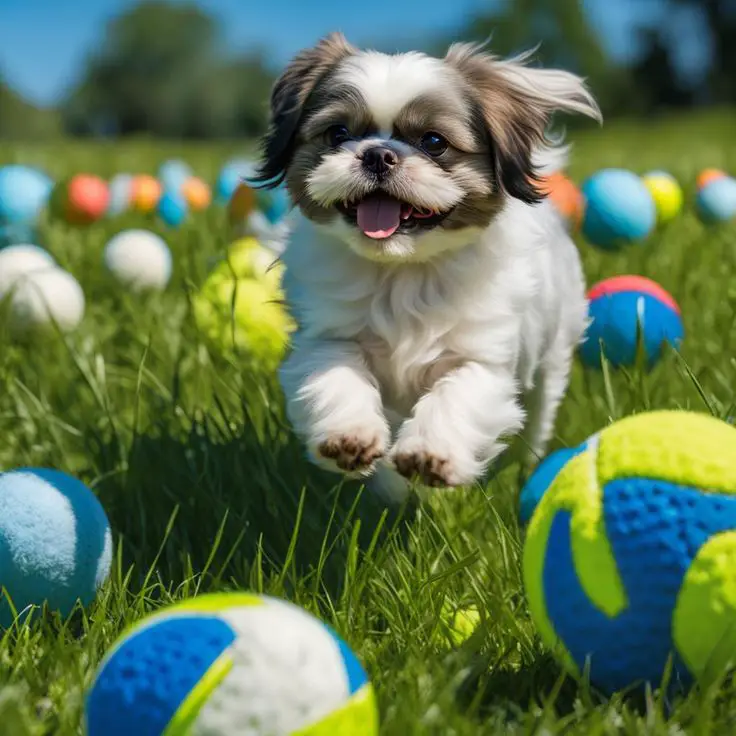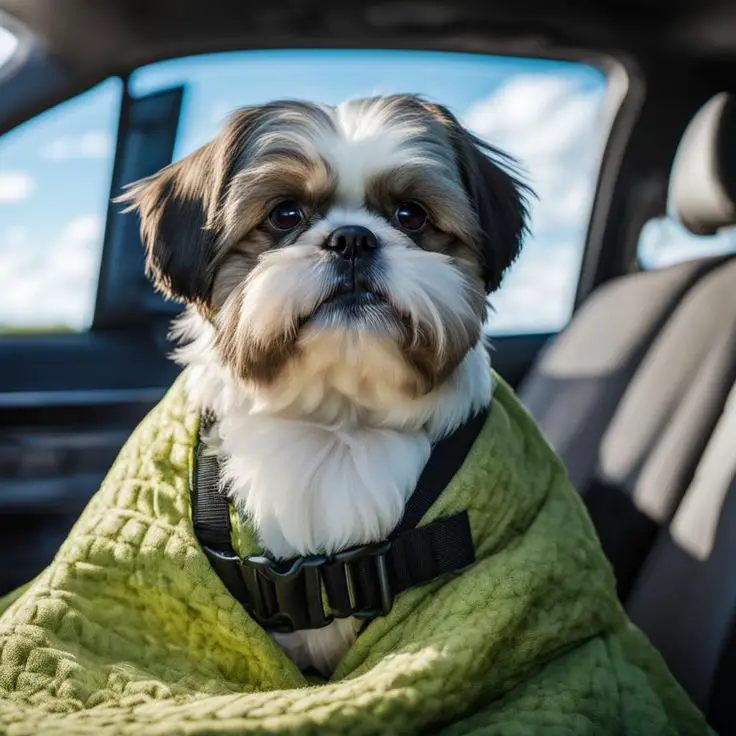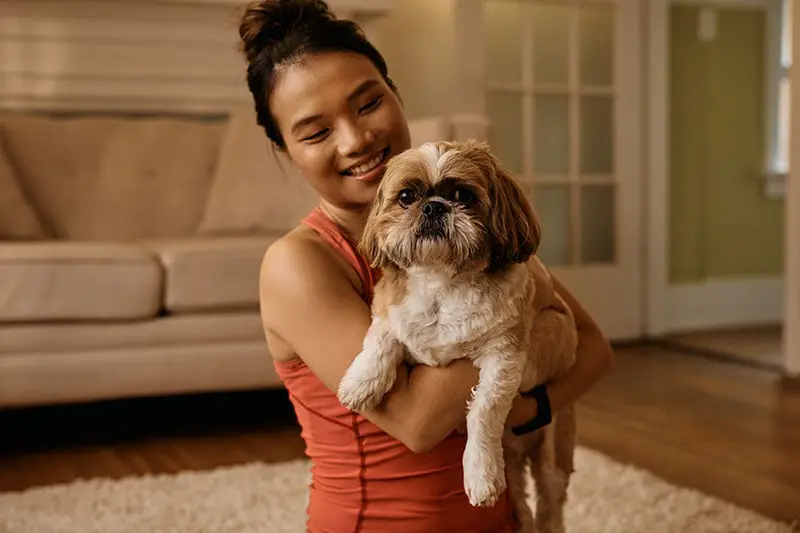
Creating a well-socialized Shih Tzu puppy is essential for their development into a confident and friendly adult dog. Socialization involves exposing your puppy to various people, animals, environments, and experiences in a positive and controlled manner. Here’s a comprehensive guide on how to effectively socialize your Shih Tzu puppy, ensuring they grow up to be well-adjusted and happy companions.
Understanding the Importance of Socialization

Socialization lays the foundation for your Shih Tzu puppy’s behavior and temperament as an adult dog. Early and positive exposure to different stimuli helps prevent fearfulness, aggression, and anxiety later in life. It also teaches them how to interact appropriately with other dogs, animals, and humans, fostering good manners and confidence.
Start Early, Start Slow

Begin socializing your Shih Tzu puppy as early as possible, ideally between 3 and 14 weeks of age, which is a critical period for learning and development. Introduce them to new experiences gradually and in a controlled environment. Start with familiar surroundings and people, then gradually expose them to new places, sounds, and situations as they become more comfortable.
Positive Reinforcement and Rewards

Use positive reinforcement techniques such as treats, praise, and playtime to reward your puppy for calm and confident behavior during socialization. Rewarding them when they interact well with new people, animals, or environments reinforces positive associations and encourages them to approach new experiences with enthusiasm.
Introduce Them to Different People

Expose your Shih Tzu puppy to a variety of people of different ages, genders, and ethnicities. Encourage gentle interaction with family members, friends, neighbors, and strangers (after they’ve received their vaccinations) to teach them to be comfortable around new faces. Ensure that interactions are positive and non-threatening to build trust and confidence.
Socializing with Other Dogs and Animals

Allow your Shih Tzu puppy to interact with well-behaved and vaccinated dogs in controlled settings, such as puppy classes or dog parks. Monitor their interactions closely to ensure they are positive and safe. Gradually introduce them to other animals they may encounter, such as cats or small pets, under supervision to prevent any negative experiences.
Exposure to Different Environments

Expose your Shih Tzu puppy to various environments and stimuli, such as parks, streets, stores, and different surfaces (e.g., grass, concrete). This exposure helps them become familiar with different sights, sounds, and smells, reducing the likelihood of fear or anxiety in new environments as they grow older.
Handling and Grooming

Regularly handle and groom your Shih Tzu puppy from a young age to acclimate them to being touched and handled. This includes brushing their coat, cleaning their ears and teeth, and trimming their nails. Gentle and positive handling during grooming sessions helps them feel comfortable and builds trust between you and your puppy.
Conclusion
Socializing your Shih Tzu puppy is a crucial aspect of their early development that sets the stage for a well-adjusted and confident adult dog. By starting early, using positive reinforcement, and exposing them to a variety of people, animals, environments, and experiences, you can help your puppy develop essential social skills and behavioral confidence. Remember to prioritize their safety and well-being during socialization, and be patient as they navigate new situations. With consistency and positive interactions, you’ll lay the groundwork for a happy and socially adept companion for years to come.


